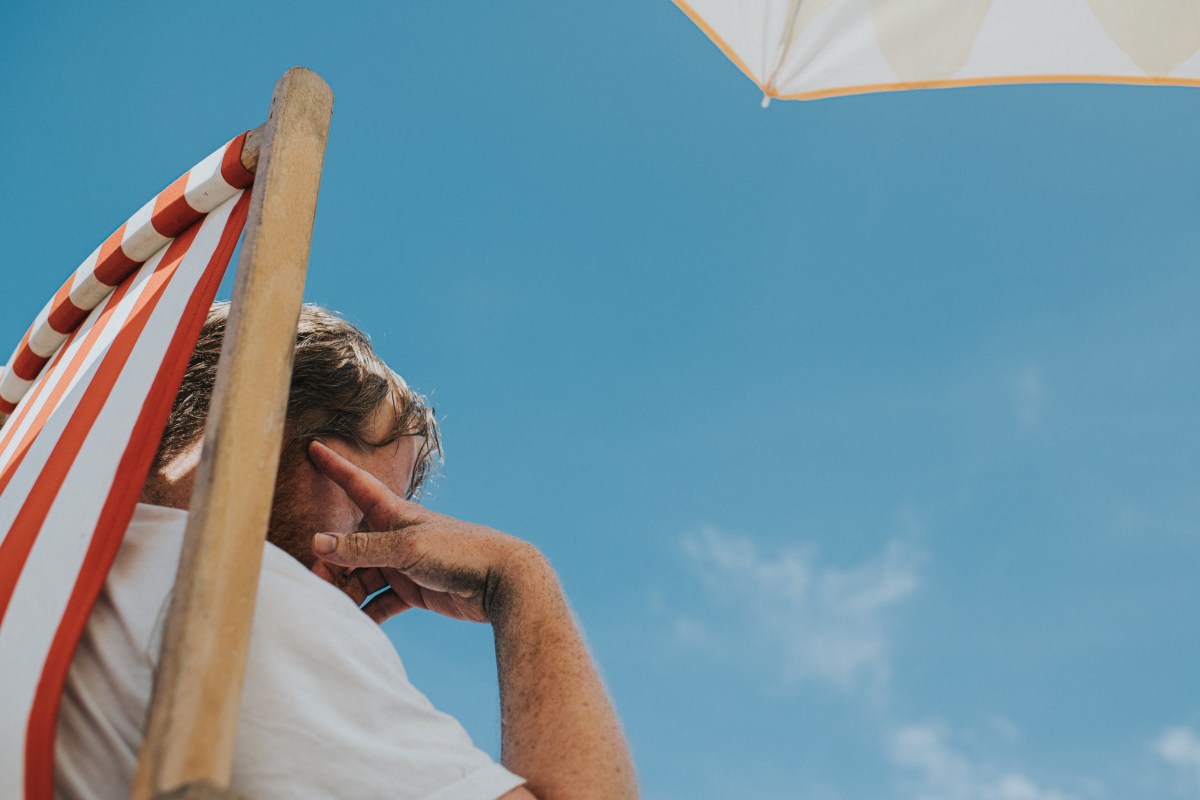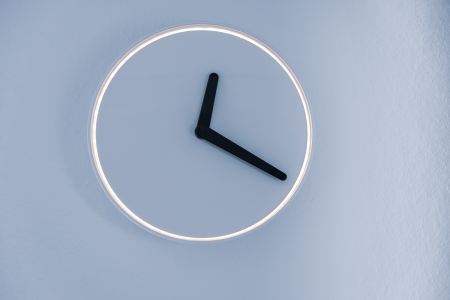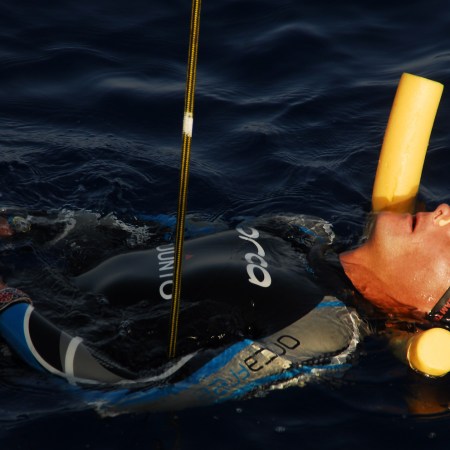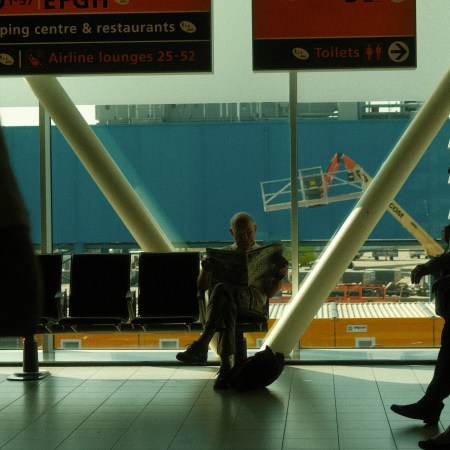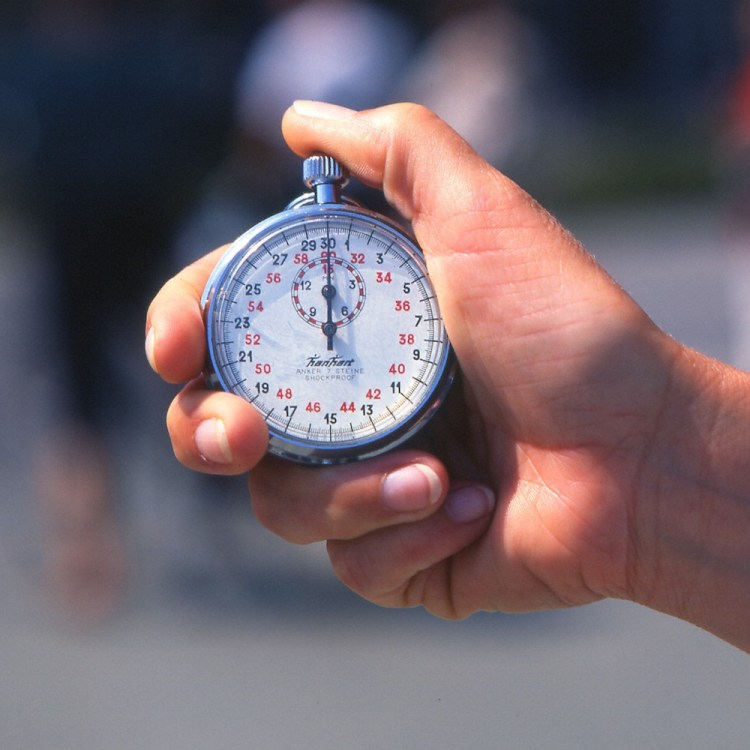Oh, how the hours crawled during the dark days of the pandemic. Science has actually proven it. A survey of a large sample of the French population by the University of Clermont Auvergne found that people experienced what they felt to be a “slowing down” of time during quarantine. But this perception of time wasn’t a product or stress or anxiety — it was on account of sheer boredom. What’s more: the more bored people felt, the sadder they felt, too.
Boredom is not a new feeling, of course — there’s graffiti on the walls of Pompeii complaining about it. But the COVID era provided many with possibly the starkest experience of it; in one survey published in Italy, just a month into that country’s intense lockdown, people named boredom as one of the hardest aspects to deal with in the experience, second only to their lack of freedom.
Psychologists define boredom as an unpleasant state of unmet arousal. You’re not down. In fact, you’re rather up. You just can’t direct that “up-ness.” either due to lack of imagination, or motivation or opportunity. What’s more frustrating is that you’re aware of this lack, too. Adults typically master self-discipline enough to at least draw a veil over boredom, in the way children and teenagers find challenging; but during the lockdown, that discipline slipped.
Small wonder that we can’t stand boredom. One disturbing study found that when left in a room with nothing to do for just 15 minutes — except the opportunity to administer a mild electric shock to themselves — two-thirds of men and one-quarter of women decided to do just that.
Neil Gaiman’s Creativity Hack Is Simple, Free and Grossly Underrated
The 62-year-old English novelist is an expert in idea-chasingWhy do we hate boredom?
Boredom has been suggested as a root cause for all sorts of potentially self-destructive behaviors, from drug and alcohol abuse (note that “happy hour” was a naval invention to help stave off boredom at sea), to problem gambling, binge-eating, binge-shopping and dangerous sex. More malicious behaviors like vandalism and trolling find their roots in boredom, too. The philosopher Bertrand Russell argued that “wars, Pograms and persecutions have all been part of the flight from boredom.”
Why is boredom so infuriating? Maybe we’re just not very good at using our spare time well. A research paper published in 2018 by the UCLA’s Anderson School of Management analyzed the data of 35,000 Americans to determine the relationship between how much free time they have (not counting sleep) and how pleased they are with our lives. The conclusion? For those in full-time work, life satisfaction peaks with just 2.5 hours of free time per day. Much more than that and people started to stress; they’d feel unproductive, listless, clouded with ennui or, as Thomas Aquinas beautifully put it, weighed down by the “sorrow of the world.”
Other philosophers, among them Jean-Paul Sartre, have proposed that without agency — the ability to have an effect on others — boredom ramps up. During lockdown, argues John Niland (a business coach, founder of The Self Worth Academy and author of The Self-Esteem Safari) boredom became a boogeyman as people lost their agency.
“Their self-esteem comes from the work they do, all the projects ahead, how busy they are, and then you suddenly replace that with nothing to do, with boredom, and their sense of self is taken out at the knees,” he says. “Boredom runs counter to this deep-seated habit of constant self-assessment we now have.”
German philosopher Arthur Schopenhauer, somewhat of a pessimist, saw boredom as indicative of life’s meaninglessness — if life had any real value, he argued, boredom wouldn’t exist. What’s more, without manic occupation or distraction or consumption, boredom lets all the bad thoughts in. Why else would we have such a gargantuan, omnipresent entertainment industry?
We are all stimulus junkies
But Lars Svendsen, professor of philosophy at the University of Bergen and author of A Philosophy of Boredom, sees the matter of meaning in a less existential way. “Go back to the original seven deadly sins and there’s a case to make that ‘sloth’ was mistranslated, that it’s closer to ‘boredom.’ This was regarded as the worst of all sins because if you succumb to that you succumb to all the other sins.
“But boredom is not about working hard or not working hard. It’s about what meaning you find in what you’re doing. It’s about being cut off from those things you do care about and being subjected to those you don’t,” he adds. “Boredom is withdrawal. It’s akin to drug withdrawal in its effect. And we go to extreme lengths and do all kinds of crazy shit to avoid it. Now we’re all stimulus junkies after our next fix. We have the technology to keep boredom at arm’s reach, and if that doesn’t work we can always just increase the intensity. The problem is that we get lost in these stimuli rather than letting boredom hit us and take its effect.”
More Reviews
How to Become a More “Time Affluent” Person
Most working Americans feel they never have enough time, but there are solutions to this “time famine”Boredom is good for creativity
We might want to give an “inattention economy” a chance, as being bored, in fact, may not be all that bad. Psychological research demonstrates that doing nothing should not be seen as non-productive. (Einstein used to indulge in such empty stretches, believe it or not, spending hours in his office just staring at the ceiling.) The experience of boredom — or non-stimulation — is increasingly hailed as essential for creativity. It’s why sabbaticals exist in academia; and why, in a 2019 study published by the Academy of Management Discoveries, subjects enjoyed better idea generation, both in terms of quantity and quality, after going through a deliberately boredom-inducing task. That’s better than a control group that was previously engaged in a creative task. “If sleep is the apogee of physical relaxation, boredom is the apogee of mental relaxation,” Walter Benjamin observed.
None of this comes as a surprise to Sandi Mann, a senior psychology lecturer at the University of Central Lancashire, and the author of The Science of Boredom: Why Boredom is Good. She recommends making a point to let your mind wander, best achieved by getting into an activity that requires little concentration — swimming laps maybe, or walking a familiar route — without the crutch of music or other stimulation.
“Boredom has always had a very bad press because it is a negative emotion, something we’re driven to avoid,” she says. “But like all emotions, boredom has a purpose. We need boredom to habituate ourselves to stuff, otherwise, we’d be like toddlers perpetually excited by everything. We need to block things out as background noise. But we also need boredom, it seems, because it can lead to new ideas. There’s something about it that inspires creativity. Lockdown was a petri dish for examining boredom, because we’ve seen this massive increase in creativity, in what people have been doing to entertain themselves and their kids and to stimulate their businesses. I think that demonstrates the link between boredom and creativity.”
Embrace the void
That is, if you cop to your boredom in the first place. “We see ourselves as vessels requiring constant titillating experiences. When we don’t feel this, we feel like we’re failing,” suggests John Eastwood, associate professor and cognitive scientist at York University. He’s the founder of The Boredom Lab and author of Out of My Skull :The Psychology of Boredom. Too many parents, he adds, feel pressured to entertain their supposedly bored children, rather than leave them to come to terms with a feeling that has as valid place in life experience.
That itself can be a hard idea to accept, given our 24/7 society, and our tendency to unthinkingly associate busy schedules with importance and status (even as these ever-busy people suffer more than double the number of self-reported health problems as those who slow down to embrace the void.)
“The problem is that while the artistic world more typically tends to see boredom positively — ideas come when you’re staring into space — the working world tends to see boredom in a negative light,” says Niland. “It doesn’t see boredom as a nurturing state. Rather you just have product managers pushing creatives to be more creative, faster, sooner. And then [the huge self-help industry] requires us to be engaged and productive all the time — and that’s just not the reality.
“My father was a farmer and I never heard him use the word ‘bored’,” he adds. “If you used that word he didn’t understand what you meant. But he did rest, and he rested deliberately. He did nothing. We need to reframe boredom as resting.”
The Charge will help you move better, think clearer and stay in the game longer. Subscribe to our wellness newsletter today.
